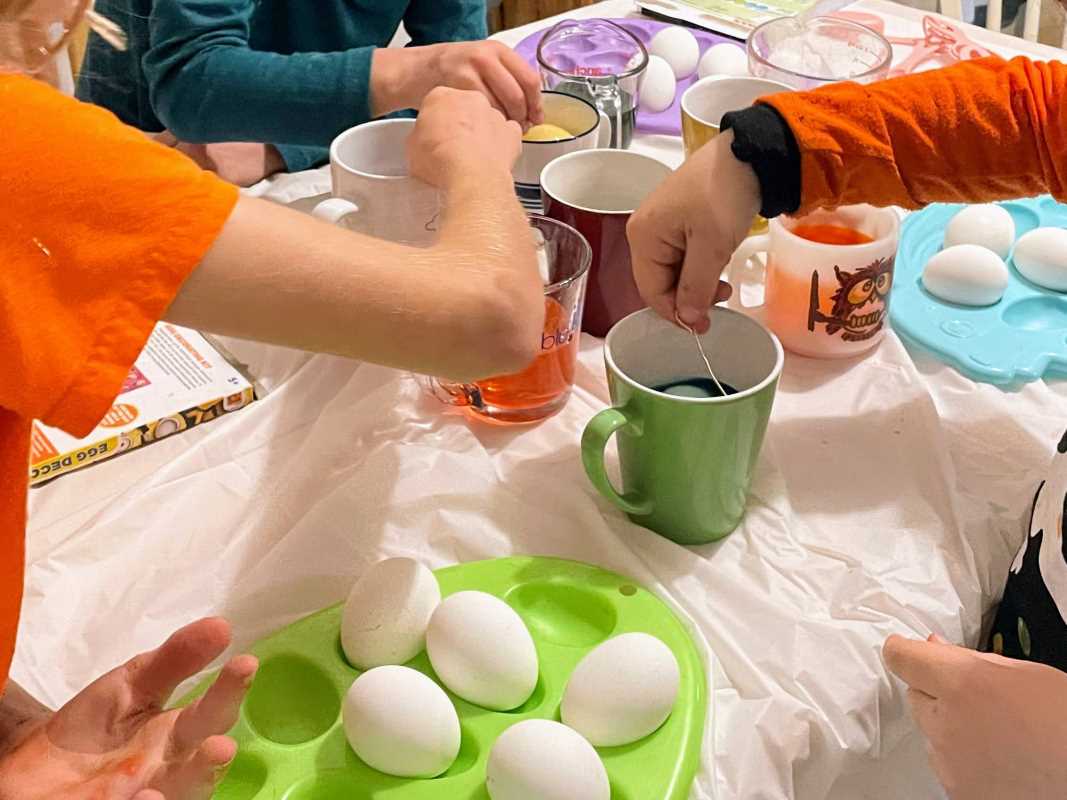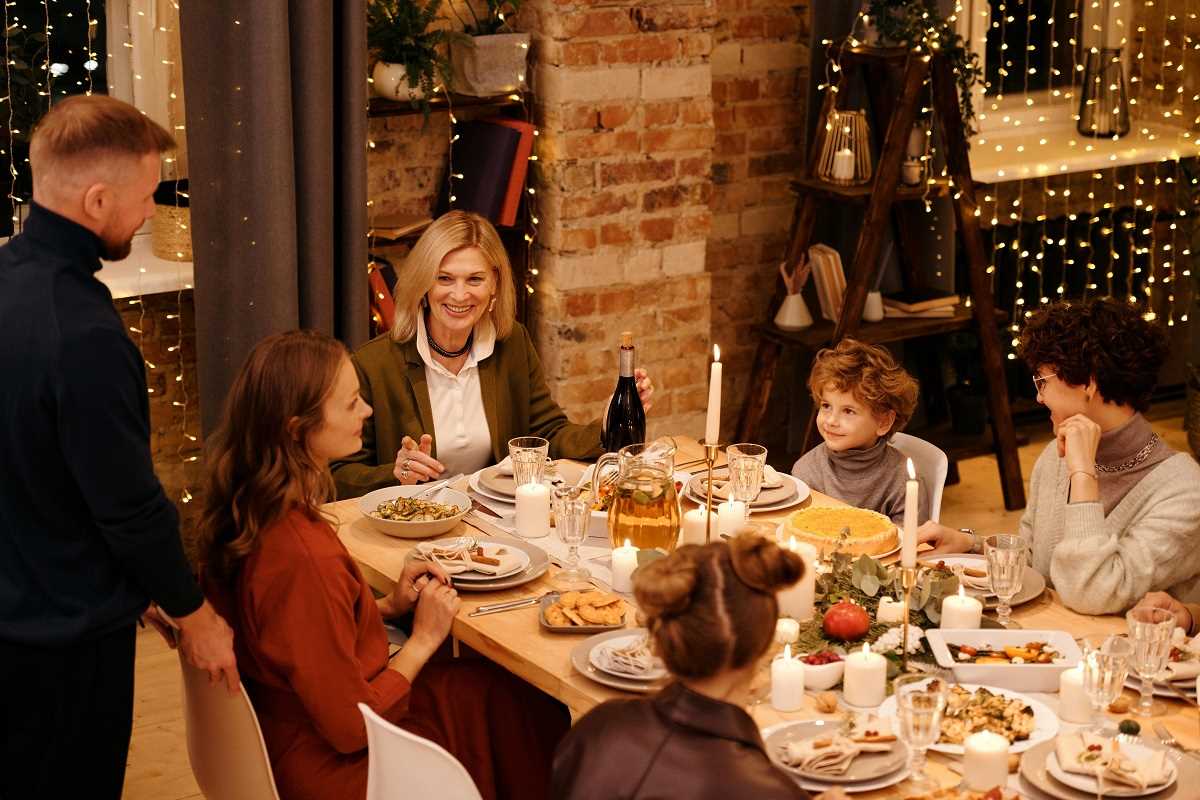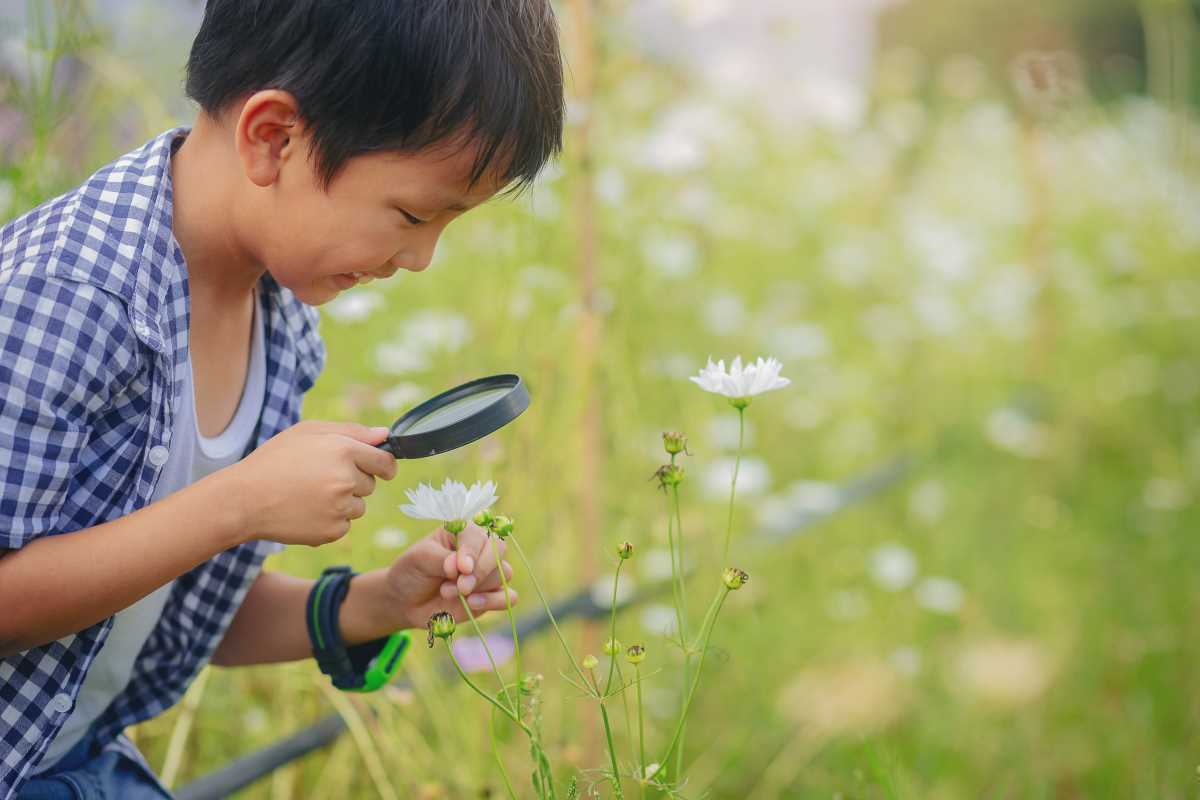Family traditions are more than just routines or rituals; they are the threads that weave the fabric of our families together, creating lasting bonds and cherished memories. Establishing and maintaining these traditions is crucial for nurturing a sense of belonging, unity, and shared history within the family unit.
Creating New Traditions
Starting new traditions can be as simple as introducing a weekly family game night where everyone gathers to play board games or cards. These activities provide quality time together while fostering communication and laughter. Research has shown that families who regularly engage in activities together tend to have stronger relationships and a deeper sense of connection.
Preserving Cultural Heritage
Many families have cultural traditions that have been passed down through generations. Whether it's celebrating holidays, preparing traditional meals, or participating in cultural events, these practices help preserve heritage and strengthen family identity. Sharing these traditions with younger family members ensures that customs and values are upheld and passed on. Cultural traditions provide a sense of continuity and connection to one's roots, fostering pride in one's heritage.
Special Occasions and Milestones
Marking significant events such as birthdays, anniversaries, or graduations with special traditions adds meaning and significance to these milestones. Whether it's a family breakfast in bed on birthdays or a special toast at anniversaries, these rituals create lasting memories and reinforce the importance of family bonds during times of celebration. Fact: Traditions associated with milestones help create a sense of anticipation and excitement, making the event even more memorable.
Embracing Everyday Rituals
In addition to special occasions, everyday rituals such as family meals, bedtime stories, or Sunday outings can also serve as meaningful traditions. These simple yet consistent practices create a sense of stability, routine, and togetherness in the family dynamic. Regular routines and rituals contribute to a sense of security and predictability, fostering a sense of emotional well-being in family members.
Adapting to Change
As families grow and evolve, it's important to adapt traditions to accommodate new members, changing dynamics, or different life stages. Being flexible and open to modifying traditions while still preserving the essence of what makes them special allows families to continue building strong bonds over time. Adapting traditions demonstrates a willingness to embrace change and encourages family members to express their individuality within the family unit.
Passing Down Values and Lessons
Family traditions are not only about creating shared experiences but also about imparting values, lessons, and wisdom from one generation to the next. Whether it's volunteering together, sharing family stories, or practicing acts of kindness, these traditions instill important principles and morals that shape the character of family members. Studies have shown that children who are raised with a strong sense of family identity and values are more likely to exhibit resilience, self-esteem, and empathy.
Family traditions play a vital role in building stronger bonds and fostering a sense of connection among family members. By establishing new traditions, preserving cultural heritage, celebrating milestones, embracing everyday rituals, adapting to change, and passing down values, families can create a legacy of love, unity, and shared memories that will endure for generations to come.







